Coffee grounds are a popular item to use when growing pothos plants. Pothos plants are known for their ability to grow in a wide range of conditions, including low-light situations. Coffee grounds can provide pothos plants with a source of nitrogen, which is an essential nutrient for plant growth. While pothos plants can tolerate a range of soil types, coffee grounds can help to create a more acidic environment that pothos plants prefer.
Are Coffee Grounds Good for Pothos?
Pothos plants are known for their ability to thrive in a variety of conditions, including low-light environments. However, there is no scientific evidence to support this claim. Many people believe that coffee grounds can be used to help pothos plants grow.
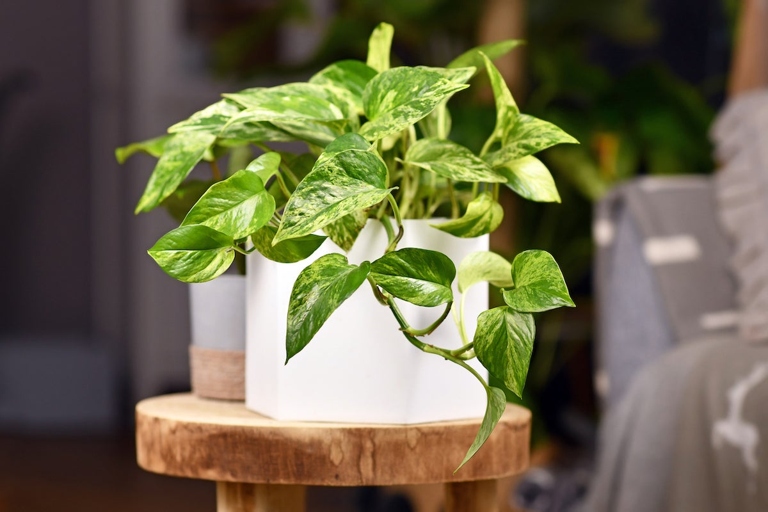
While coffee grounds may not directly benefit pothos plants, they can be used as a mulch to help control weeds and retain moisture in the soil. If you choose to use coffee grounds as a mulch, be sure to avoid contact with the plant’s leaves, as the coffee grounds can cause them to burn.
How to Test the Soil’s Acidity
To test the soil’s acidity, you will need a soil test kit that can be purchased at a garden center or online. The kit will have a pH test strip and a color chart that will indicate the level of acidity in the soil.
Generally, you will wet the soil test strip and then insert it into the soil. After a few minutes, you will compare the color of the strip to the color chart to determine the pH level. To use the kit, follow the instructions on the package.
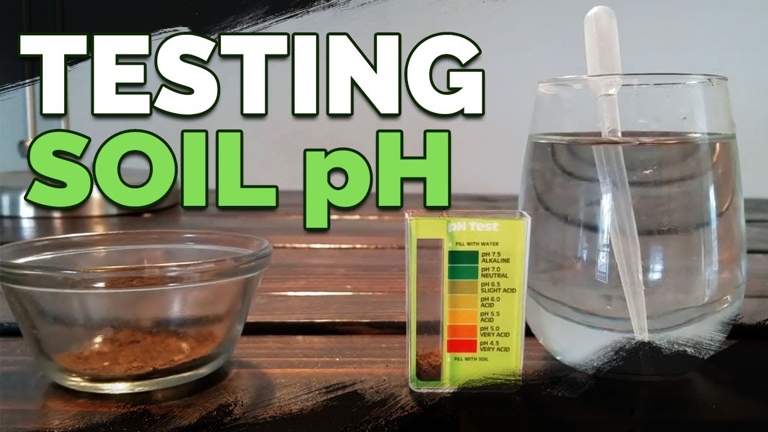
To do this, simply mix coffee grounds into the soil. If the soil is too acidic, you can add coffee grounds to raise the pH level. The coffee grounds will neutralize the acidity and help create a more balanced pH level.
How Much Coffee Grounds Should You Add to Your Pothos?
If you’re looking to give your pothos a little boost, coffee grounds can be a great addition to its diet. But how much should you add?
So, for a standard 6-inch pothos pot, you would use about 1 tablespoon of coffee grounds. A general rule of thumb is to use about 1/4 cup of coffee grounds per gallon of soil.
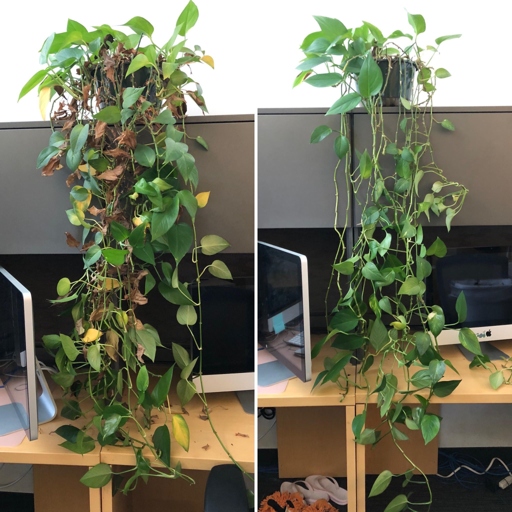
It can help promote growth and greening, as well as strengthen the plant’s root system. Coffee grounds are a great source of nitrogen, which is an essential nutrient for plants.
If you see your pothos starting to yellow or wilt, cut back on the coffee grounds. However, too much nitrogen can actually be harmful to plants, so it’s important to use it in moderation.
How Often Should I Put Coffee Grounds on My Pothos?
One way to give your pothos a boost is to add coffee grounds to the soil. Pothos plants are known for being tough and easy to care for, but even these hardy plants can benefit from a little extra nourishment now and then.
But how often should you do this? To apply the coffee grounds, simply sprinkle them around the base of the plant and then water as usual. Once a month is a good general rule, though you may need to do it more often if your plant is looking particularly unhealthy.
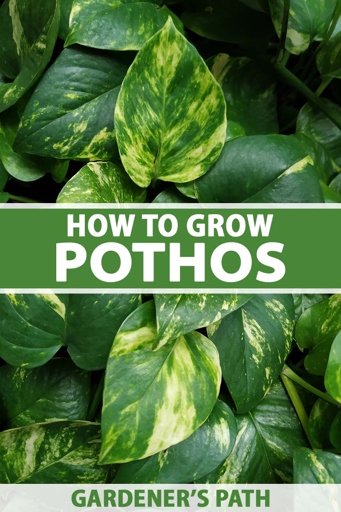
Just be sure to avoid any that have been flavored, as the added chemicals could harm your plant. If you’re not a coffee drinker, you can also ask your local coffee shop for used grounds.
Coffee Grounds as Fertilizer
They are rich in nitrogen and other nutrients that can help to boost plant growth. Coffee grounds are a popular type of fertilizer for plants, including pothos. Used coffee grounds can also help to improve soil drainage and aeration.
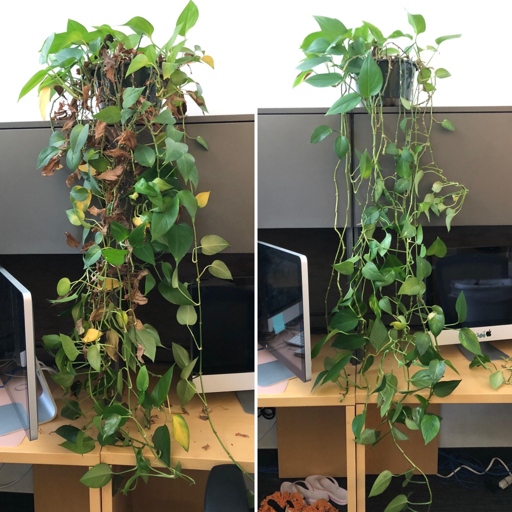
Be sure to avoid using fresh coffee grounds, as they can be too acidic for some plants. To use coffee grounds as fertilizer, simply spread them around the base of the plant or mix them into the soil. You can also add used coffee grounds to compost.
Pest Control Measure
Pothos are a type of plant that is known to be a pest of coffee plants. Coffee grounds can be used as a pest control measure for pothos. By using coffee grounds as a pest control measure, you can help to keep pothos away from your coffee plants. Pest control is an important part of keeping your home and garden healthy and free of pests.
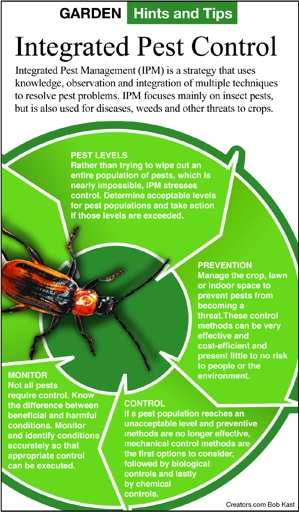
To use coffee grounds as a pest control measure, simply sprinkle the coffee grounds around the base of the plant. The coffee grounds will help to repel the pothos and keep them away from the plant. You can also add a layer of coffee grounds to the soil before planting.
Best Way to Use Coffee Ground on Pothos
Here are a few tips on how to use coffee grounds to fertilize your pothos plants: Coffee grounds are a great way to fertilize your pothos plants. They are rich in nitrogen and other nutrients that pothos plants need to thrive.
This will give the plant a boost of nutrients every time you water it. 1. Add coffee grounds to your pothos plant’s potting mix.
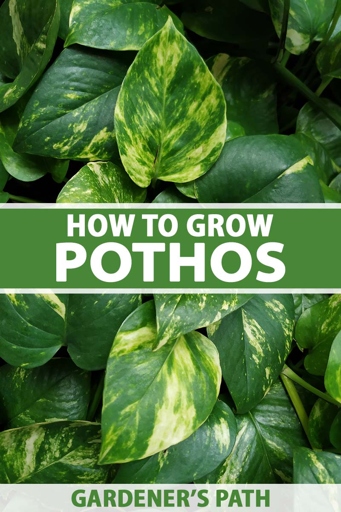
Just sprinkle a layer of coffee grounds on top of the soil around the plant. You can also top dress your pothos plant with coffee grounds. 2.
Just mix the coffee grounds into the compost before you use it. 3. If you have extra coffee grounds, you can compost them and use the compost to fertilize your pothos plants.
Coffee grounds are a great way to fertilize your pothos plants and help them thrive. Just be sure to use them in moderation so you don’t overload the plant with nutrients.
Composting with Coffee Grounds
They are high in nitrogen, which is essential for plant growth, and help to aerate the soil. Coffee grounds can also help to deter pests and improve drainage. Coffee grounds are a great addition to any compost pile.
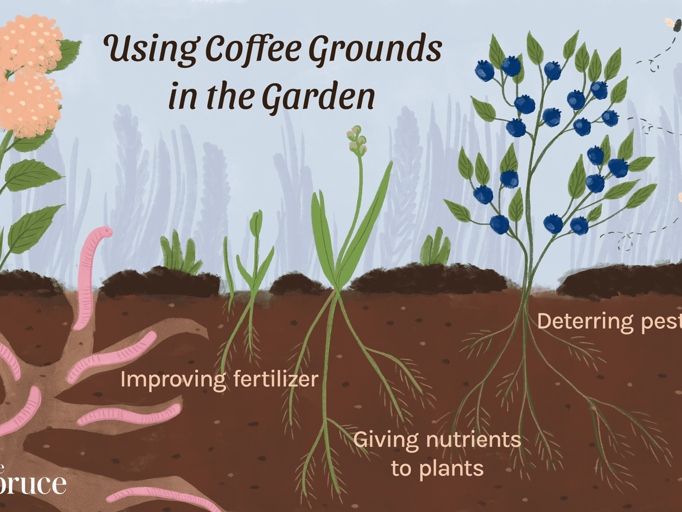
When adding coffee grounds to your compost pile, be sure to mix them in well with other organic matter. Avoid adding too much coffee to your compost, as it can make the pile too acidic. You can also add used coffee filters to your compost, as they will break down quickly.
Coffee Grounds as Organic Fertilizer
To use coffee grounds as a fertilizer, simply add them to the potting mix when you are planting your pothos. The coffee grounds add nitrogen to the soil, which is an important nutrient for plants. Organic coffee grounds can be used as a fertilizer for potted plants. The coffee grounds also help to aerate the soil and improve drainage.
How to Use Coffee Grounds as Organic Fertilizer
To use coffee grounds as a fertilizer, simply sprinkle them around the base of the plant. You can also add them to the compost pile. Organic coffee grounds can be used as a fertilizer for potted plants. The coffee grounds provide nutrients that are beneficial for the plant, and they also help to aerate the soil.
Mix with Mulch
They also help to improve drainage and aeration in the soil. Mulching with coffee grounds is an excellent way to give your pothos a nutrient boost. Coffee grounds are rich in nitrogen, which is an important nutrient for plants.
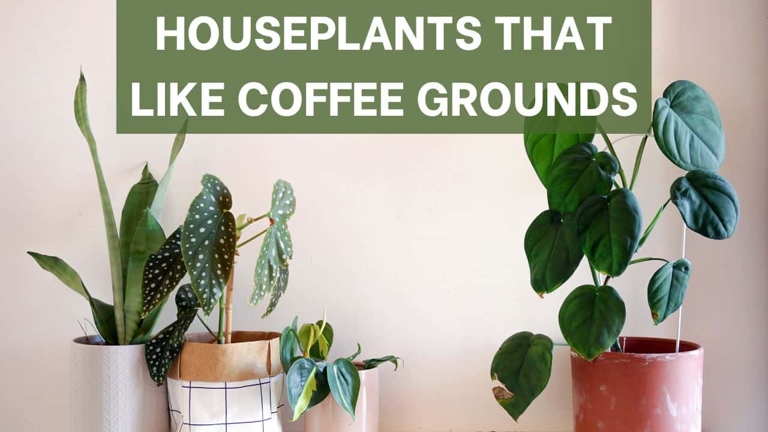
To use coffee grounds as mulch, simply spread them around the base of your pothos plant. You can also add them to your compost pile. Just be sure not to use them if your plants are sensitive to caffeine. Coffee grounds can be used as mulch for other plants, too.
How to Use Coffee Grounds as Mulch
Coffee grounds are rich in nitrogen and other nutrients that can help plants grow. If you have a coffee habit, you can use the grounds as mulch in your garden.
To use coffee grounds as mulch, simply spread them around the base of your plants. You can also mix them into the soil. Coffee grounds will help to suppress weeds and keep the soil moist.
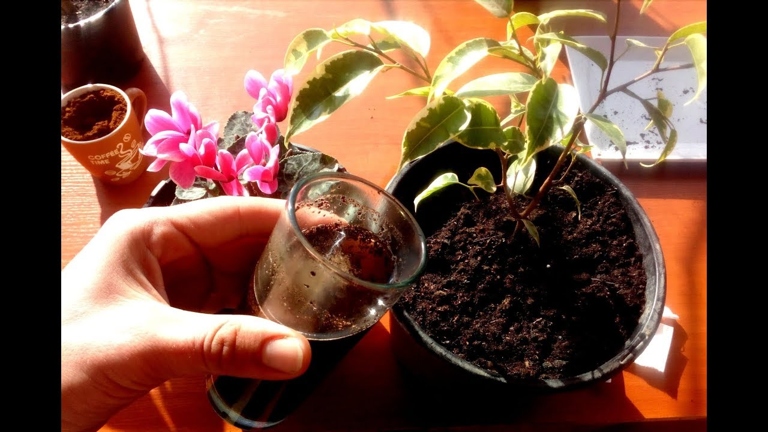
The coffee grounds will help the plant to grow and stay healthy. Simply add a layer of coffee grounds around the base of your pothos plant. If you have pothos plants, you can use coffee grounds to help them thrive. Pothos like coffee grounds because they are rich in nitrogen.
Add Coffee Grounds to The Potting Mix When Repotting
Coffee grounds can help to improve drainage and aeration, while also providing a boost of nutrients. When it comes to repotting plants, coffee grounds can be a great addition to the potting mix.
A general rule of thumb is to use about 1/4 cup of coffee grounds per gallon of potting mix. When using coffee grounds, be sure to mix them in well with the other ingredients in the potting mix. You don’t want to use too much, as this can make the mix too dense and compacted.
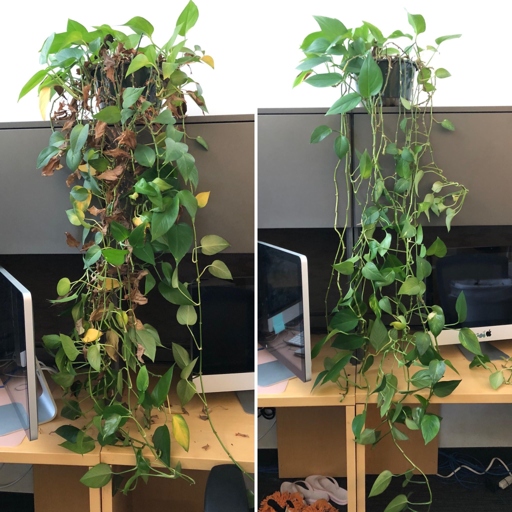
Coffee grounds can be a great addition to your potting mix when repotting plants. Just be sure to use them in moderation and mix them in well for the best results.
Coffee Grounds as Compost Tea
Compost tea is a liquid fertilizer that can be made from any type of compost, but coffee grounds add an extra boost of nitrogen, which is beneficial for plants. Coffee grounds are a popular addition to compost, but did you know that they can also be used to make compost tea?
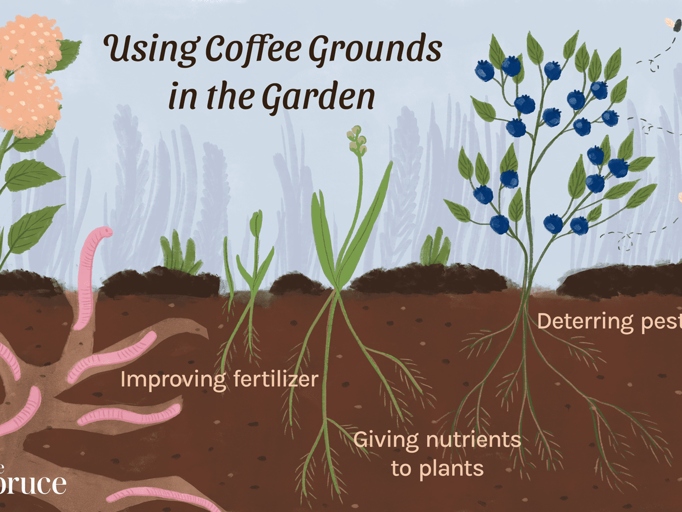
To make coffee ground compost tea, simply add a cup of coffee grounds to a five-gallon bucket of water and let it steep for 24 hours. After that, you can either apply the tea directly to the soil around your plants, or water them with it.
They may be happy to give them to you for free! If you’re not a coffee drinker, you can also ask your local coffee shop for their used grounds.
How to Create a Compost Tea
Compost tea is a great way to give your plants a nutrient boost. To make compost tea, you will need:
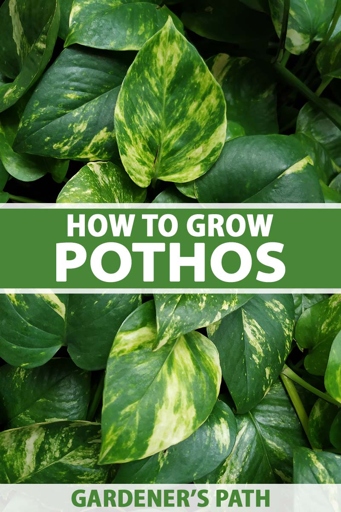
-1 part compost
-1 part water
-A container to brew the tea in
Let the mixture sit for a few days, then strain it and use it to water your plants. To brew the compost tea, simply mix the compost and water together in the container.
Compost tea is a great way to give your plants a nutrient boost. Let the mixture sit for a few days, then strain it and use it to water your plants. To make compost tea, you will need: 1 part compost, 1 part water, and a container to brew the tea in. Simply mix the compost and water together in the container. It is also very easy to make.
Water After Application
Too much coffee can make the soil too acidic for plants, and can also lead to mold growth. While coffee grounds can provide a helpful nutrient boost to potted plants, it’s important to take care when applying them.
When using coffee grounds on potted plants, it’s best to mix them into the soil rather than leaving them on top. This will help to prevent mold growth and will also provide a more even distribution of nutrients.
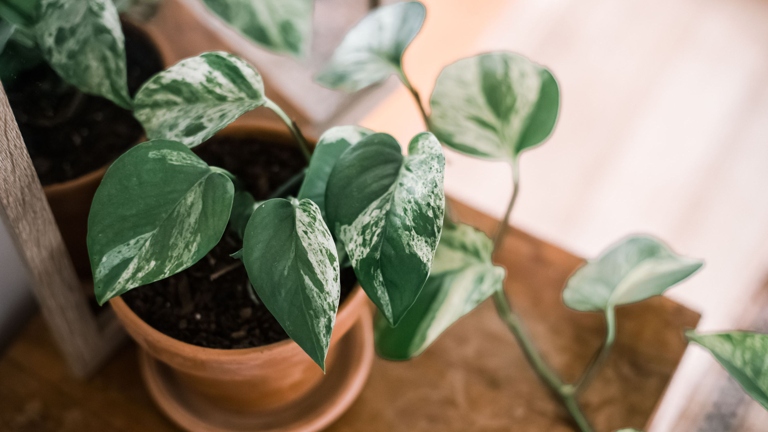
This will help to wash away any excess grounds that could lead to problems. It’s also important to water the plant after applying coffee grounds.
Use Drip Feeding Method
This method is especially helpful during the growing season when your plant needs the most nutrients. The coffee grounds will release nutrients into the soil over time, giving your pothos a steady supply of nutrition. The drip feeding method is a great way to give your pothos the nutrients it needs without overdoing it. This method involves placing coffee grounds in a cup of water and then slowly dripping the mixture onto the soil around your plant.
Using Water Bottle
To use water bottle, simply place it on top of the soil and allow the water to seep through. Just be sure to keep an eye on the water level and don’t allow the bottle to completely dry out. Water bottle can help to increase the humidity around your plant, which can be beneficial for your pothos. If you’re looking for a way to give your pothos a little boost, you may want to try using water bottle. You can also add a little bit of water to the bottle to help keep the humidity levels up.
Using Rope
The rope can also be used to create a suspended planter for pothos. Rope is a versatile tool that can be used for a variety of purposes, including as a plant support. To do this, tie the rope around a large container filled with potting mix and suspend it from a ceiling or other support. To do this, simply tie the rope around a series of posts or other support structures. Rope can be used to create a trellis for climbing plants, such as pothos.
Then, pot pothos plants in small containers and hang them from the rope. Rope can also be used to create a “living” wall of pothos. To do this, tie the rope around a series of support structures, such as posts or wire mesh. Be sure to water the plants regularly and provide them with bright, indirect light.
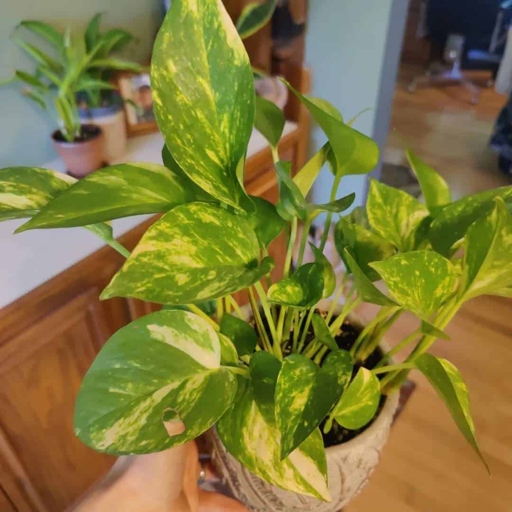
In addition to using rope as a plant support, you can also use it to make your own compost. The compost will break down over time, providing nutrients for your pothos plants. Simply tie the rope around a series of support structures, such as posts or wire mesh. Then, add coffee grounds, leaves, and other organic matter to the center of the rope.
Don’t Use Coffee Grounds for Seedlings
Coffee grounds can actually be harmful to seedlings, and should be avoided. If you’re thinking of using coffee grounds to give your pothos a little extra boost, think again.
If you must use coffee grounds, be sure to mix them with other organic matter to balance out the nitrogen levels. Coffee grounds are high in nitrogen, which can burn delicate roots and leaves. Seedlings are particularly vulnerable to this type of damage, and can easily be killed by too much nitrogen.
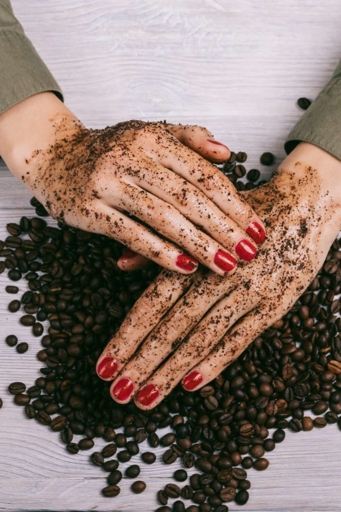
These pests can quickly decimate a young seedling, so it’s best to avoid them altogether. If you’re looking for a safe, organic way to fertilize your pothos, try using compost or worm castings instead. In addition to being potentially harmful, coffee grounds can also attract pests like slugs and snails.
Benefits of Coffee Grounds to Your Pothos
If you’re like most people, you probably have a coffee maker and drink coffee every day. But what if I told you that your coffee grounds can actually be beneficial to your pothos? And if you’re like most people, you probably throw away your coffee grounds without giving it a second thought.
It also helps to prevent yellowing and wilting. That’s right, coffee grounds can be used to fertilize your pothos and help it to grow healthier and faster. Coffee grounds are rich in nitrogen, which is an essential nutrient for plants. Nitrogen helps plants to grow strong and healthy leaves.
These nutrients help to promote root growth and improve the overall health of your pothos. In addition to nitrogen, coffee grounds also contain other important nutrients like phosphorus and potassium.
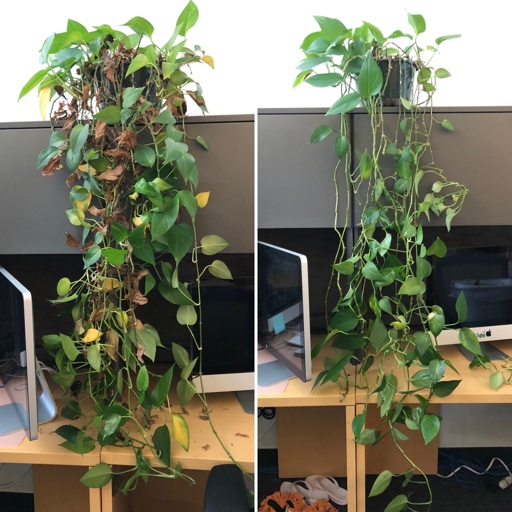
So, the next time you make a pot of coffee, save the grounds and use them to fertilize your pothos. Your plant will thank you!
It can Bind Pesticide Residue
Pothos plants are known for their ability to bind pesticide residue, making them a great choice for those looking to detoxify their home. When used in conjunction with other plants, pothos can help to remove harmful toxins from the air, making it a safer place to breathe.
Coffee Grounds Moderate Soil Temperature
Coffee grounds can help to moderate soil temperature, which can be beneficial for plants that prefer cooler conditions. Pothos plants are one type of plant that may benefit from this temperature moderation. To use coffee grounds to moderate soil temperature, simply add them to the soil around the plant.
Coffee Grounds Produce Humic Substances
When used as a fertilizer, coffee grounds can improve the health of your plants by providing them with essential minerals and improving soil structure. Humic substances are a natural product of decomposing organic matter, and coffee grounds are an excellent source of these nutrients.
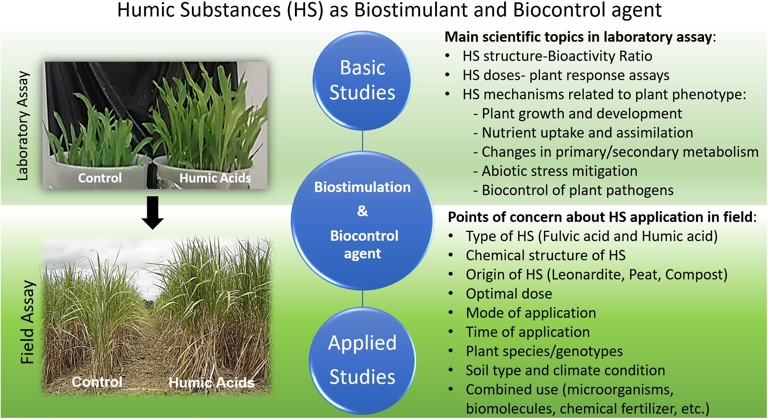
This can help your plants to better absorb water and nutrients. In addition, coffee grounds can improve the structure of your soil by increasing its porosity and aeration. They also contain calcium, magnesium, and other minerals that can improve plant health. Coffee grounds are rich in nitrogen, potassium, and phosphorus, which are essential nutrients for plants.
This means that they should be used in moderation, as too much nitrogen can lead to problems such as excessive growth or leaf burn. When using coffee grounds as a fertilizer, it is important to remember that they are high in nitrogen. It is also important to ensure that the coffee grounds are completely dry before using them, as wet coffee grounds can mold and cause root rot.
Coffee Grounds Improve the Soil Structure
The coffee grounds add organic matter to the soil, which helps to improve drainage and aeration. Coffee grounds are a great way to improve the soil structure of your potted plants. The coffee grounds also help to hold moisture in the soil, which is beneficial for plants that are grown in pots.
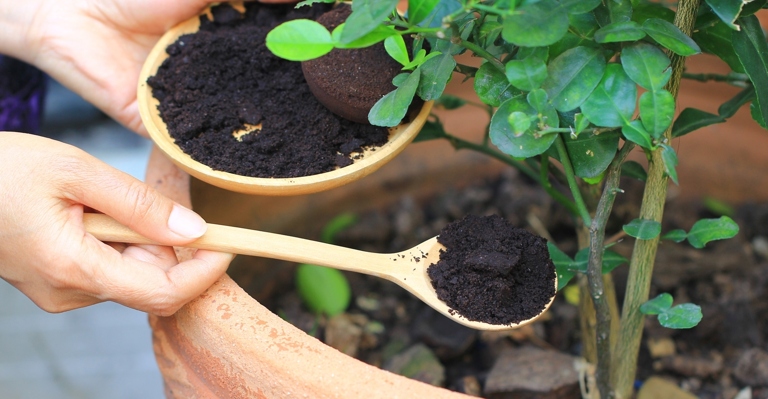
To use coffee grounds to improve the soil structure of your potted plants, simply add a layer of coffee grounds to the top of the soil. You can also mix the coffee grounds into the soil before planting.
Coffee Grounds Produce Carbon/Nitrogen Ratio of 20-24:1
Coffee grounds can be used as a fertilizer for potted plants. Coffee grounds can also be used to mulch potted plants. The coffee grounds produce a carbon/nitrogen ratio of 20-24:1, which is ideal for potted plants.
Balances the Soil’s pH Level
This can be beneficial for plants that prefer acidic soils, such as pothos. To use coffee grounds to balance the soil’s pH level, simply add them to the soil around your plants. This is because coffee grounds are acidic, and adding them to soil can help to lower the soil’s pH level. Coffee grounds can be used to balance the soil’s pH level. You can also add them to compost, or use them as mulch.
Coffee Grounds Slowly Release Nitrogen
However, coffee grounds release these nutrients slowly over time. They are rich in nitrogen and other nutrients that plants need to thrive. This is beneficial for plants because they can absorb the nutrients as they need them. Coffee grounds are a popular item to use when fertilizing plants.
When using coffee grounds as a fertilizer, it is best to mix them with other materials such as leaves or grass clippings. This will help to improve the drainage and aeration of the soil. Coffee grounds can be used as a top dressing for potted plants or added to compost.
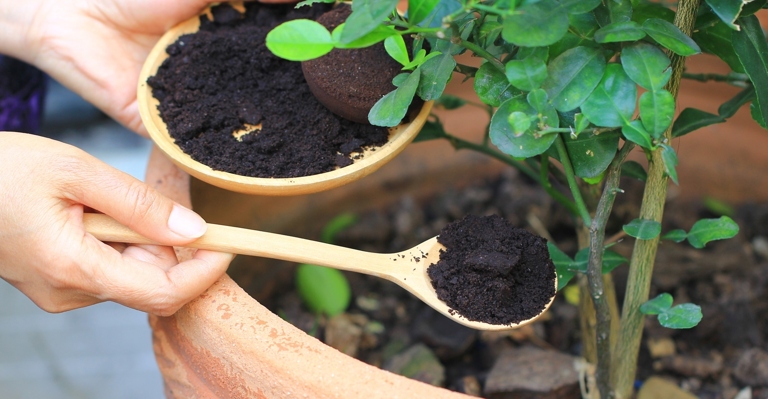
Coffee grounds can also be used to deter pests. Sprinkling them around the base of plants will help to keep slugs and snails away. The sharp edges of the coffee grounds can also deter cats and other animals from using your garden as a bathroom.
Coffee Grounds Contain Nutrients and Micronutrients
Coffee grounds are a great source of nutrients and micronutrients for plants. Additionally, coffee grounds contain micronutrients like calcium, magnesium, and iron that are important for plant health. They contain nitrogen, phosphorus, potassium, and other essential nutrients that help plants grow.
To use coffee grounds as a fertilizer, simply mix them into the soil around your plants. Coffee grounds can be used as a fertilizer for potted plants or added to compost. For best results, use fresh coffee grounds and mix them into the soil every few weeks.
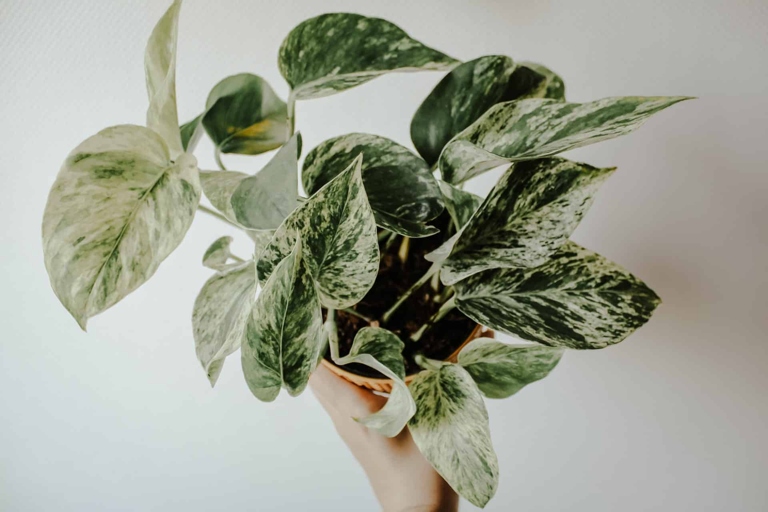
If you have a pothos plant, you can use coffee grounds to help it grow. Pothos plants are known for their ability to thrive in low-light conditions, making them a great choice for offices and homes. To use coffee grounds to help your pothos plant grow, simply mix them into the potting mix. For best results, use fresh coffee grounds and mix them into the potting mix every few weeks.
Coffee Grounds in Your Soil Keeps Cats Away
If you’re looking for a natural way to keep cats out of your garden, coffee grounds may do the trick. Just be sure not to use too much, as too much caffeine can be harmful to plants. Cats don’t like the smell of coffee, so spreading grounds around your plants can help keep them away.
What are the Problems with Using Coffee Grounds on Pothos?
While coffee grounds can provide a boost of nitrogen to potted plants, there are a few potential problems to be aware of.
If you’re using coffee grounds on pothos, make sure to monitor the soil pH and adjust as needed. First, coffee grounds can make the soil too acidic for some plants.
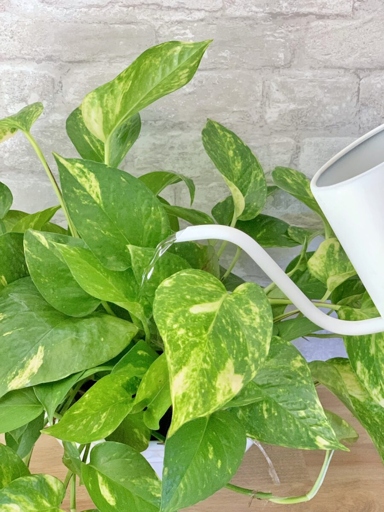
Second, coffee grounds can attract pests like ants and rodents. If you’re using coffee grounds outdoors, be sure to keep an eye out for any unwanted visitors.
If you’re using coffee grounds on potted plants, make sure to loosen the soil periodically to prevent compaction. Finally, coffee grounds can compact the soil, making it difficult for roots to grow.
Possible Fungal Growth
However, coffee grounds can also encourage the growth of fungi. Pothos plants are known to be tolerant of a wide range of soil conditions, but they prefer slightly acidic soil with a pH between 6.0 and 6.5. Coffee grounds are a popular addition to gardens and potted plants because they help to lower the pH of the soil.
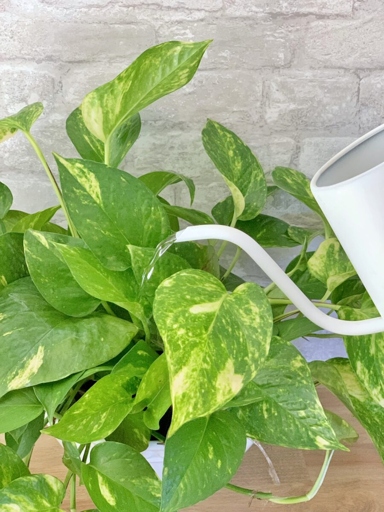
They are often visible as mold or mildew and can cause plant diseases. Fungi can be beneficial to plants, but they can also be harmful. Fungi are a type of microorganism that can live in soil, on plant surfaces, or in water.
If you suspect that your pothos plant has a fungal infection, you should take it to a plant doctor or nursery for diagnosis and treatment. The coffee grounds themselves are not harmful to plants, but the fungi that they encourage can be.
Coffee Grounds Can Form a Solid Barrier
Coffee grounds can form a solid barrier around plants to keep pests out. Pests are attracted to the coffee grounds because of the caffeine, but the grounds can also repel them. To use coffee grounds as a pest control, simply spread a layer around the base of the plant.
Can Inhibit Growth of Pothos
But did you know that pothos can also be used to inhibit the growth of other plants? Pothos are known for their ability to purify the air of harmful toxins. Pothos, also known as Devil’s Ivy, is a fast-growing, easy-to-care-for houseplant.
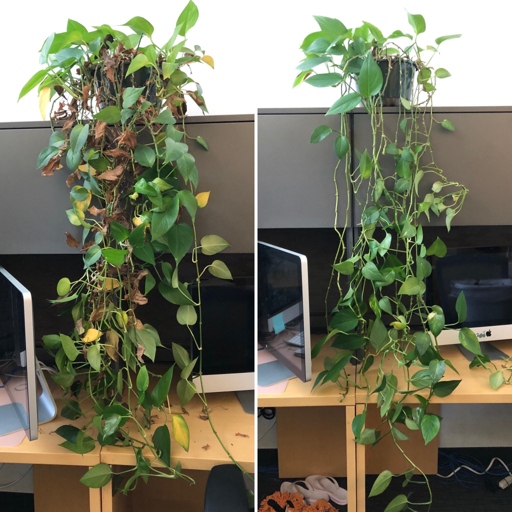
When this chemical comes into contact with the leaves of other plants, it breaks down the plant’s cell walls and inhibits growth. This makes pothos an ideal plant to use as a natural weed killer. Pothos contains a chemical called saponin, which is a natural herbicide.
To use pothos as an inhibitor, simply cut a few leaves from the plant and place them on the soil around the base of the plant you wish to inhibit. The saponin will do the rest, killing the unwanted plants without harming the pothos itself.
Potential Risks to Pothos
While pothos is generally a low-maintenance plant, there are a few potential risks that should be considered before adding one to your indoor space. Pothos (Epipremnum aureum) is a fast-growing, easy-to-care-for houseplant that is commonly found in homes and offices.
All parts of the plant contain saponins, which can cause vomiting, diarrhea, and drooling in dogs and cats. If you have a pet that is known to nibble on plants, it is best to keep pothos out of reach. One potential risk is that pothos can be toxic to pets if ingested.
Pothos can also be harmful to humans if ingested, although the symptoms are typically less severe than for pets. Saponins can cause irritation and swelling of the mouth and throat, so it is important to keep pothos away from small children who may put the leaves in their mouths.
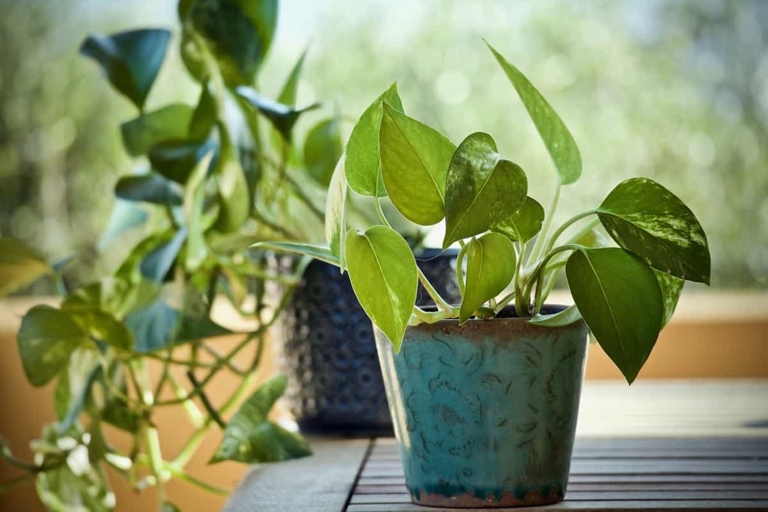
Finally, pothos plants are known to be aggressive growers. If you want to add pothos to your indoor garden, be sure to give it plenty of room to spread out. If left unchecked, they can quickly take over a space, crowding out other plants.
Potential Risk to Soil
But coffee grounds can also pose a risk to soil. It’s no secret that coffee grounds can be great for plants. They’re rich in nitrogen and other nutrients that can give plants a boost.
If these compounds build up in soil, they can be toxic to plants. Coffee grounds can be acidic, which can make soil more acidic. Additionally, coffee grounds can contain harmful compounds like caffeine and mold. This can be a problem for plants that prefer neutral or alkaline soil.
If you’re using them as fertilizer, mix them with other materials to balance out the acidity. And be sure to dispose of any moldy coffee grounds. To minimize the risk, it’s important to use coffee grounds in moderation.
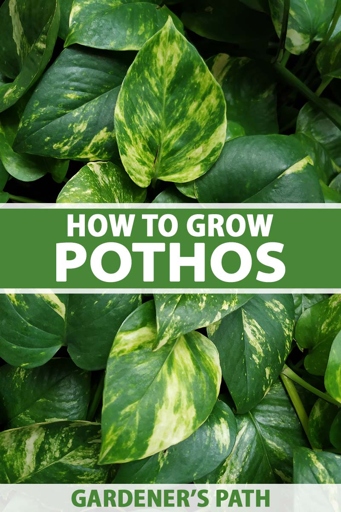
With a little care, coffee grounds can be a great addition to your garden. But it’s important to be aware of the potential risks before using them.
Watering with Leftover Coffee: Is it Possible?
Watering with Leftover Coffee: Is it Possible?
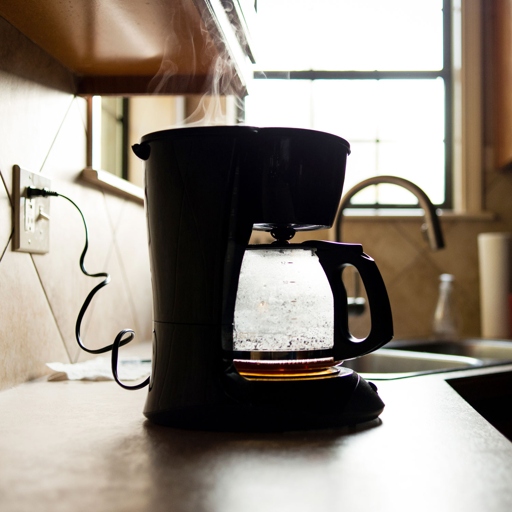
It is possible to water plants with leftover coffee, but it is important to dilute the coffee first. To dilute coffee, mix one part coffee with ten parts water. Coffee grounds are acidic and can burn the roots of plants if they are not diluted. Once diluted, coffee can be used to water potted plants, garden plants, or houseplants.
Key Take-Aways
They are often used as houseplants or office plants because of their ability to tolerate low light conditions. Pothos are known to be very easy to care for, and they are often propagated by stem cuttings. Pothos plants are a type of evergreen that can grow up to 10 feet in length.

One of the most common questions about pothos is whether or not they like coffee grounds. Coffee grounds can provide a number of benefits to pothos plants, including improved drainage, added nutrients, and increased humidity. The answer is yes, pothos plants do like coffee grounds.
It is best to start with a small amount and increase as needed. Coffee grounds can also be used to make a homemade insecticide for pothos plants. When using coffee grounds for pothos plants, it is important to remember that too much can be detrimental.
Frequently Asked Questions
1. Do Pothos like coffee grounds?
Yes, pothos plants enjoy coffee grounds as a source of nutrients. Coffee grounds contain nitrogen, phosphorus, and potassium, which are all essential nutrients for pothos plants.
2. How often should I feed my pothos coffee grounds?
You can feed your pothos coffee grounds once a week. Just add a handful of coffee grounds to your pothos plant’s potting mix.
3. Do I need to compost the coffee grounds before adding them to my pothos plant?
No, you don’t need to compost the coffee grounds before adding them to your pothos plant. However, if you want to, you can compost the coffee grounds first, then add the compost to your pothos plant’s potting mix.
4. Will coffee grounds make my pothos plant grow faster?
Coffee grounds can help pothos plants grow faster by providing them with essential nutrients. However, coffee grounds will not make your pothos plant grow overnight.
5. Do I need to water my pothos plant after adding coffee grounds to the potting mix?
No, you don’t need to water your pothos plant after adding coffee grounds to the potting mix. The coffee grounds will help the plant retain moisture.
Final thoughts
Pothos plants are known to be tolerant of a wide range of soils, including coffee grounds. Coffee grounds can be used to fertilize pothos plants, but it is important to use them in moderation. Too much coffee ground can make the soil too acidic for the plant.
